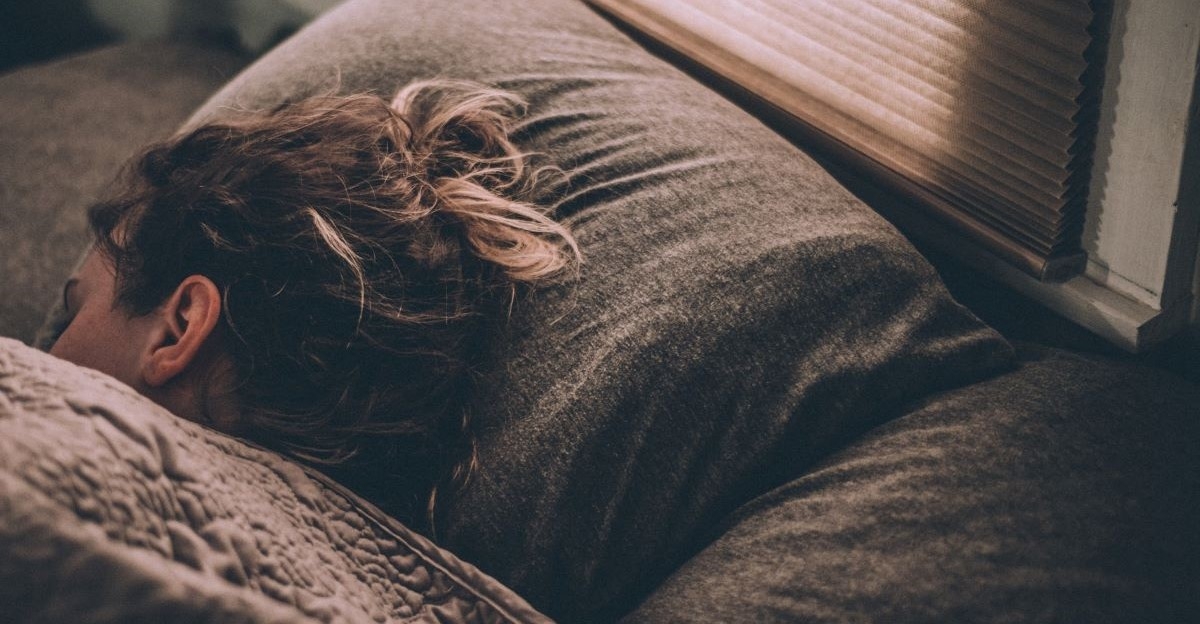
Sleep, sugar, and general good health
Sleep is a precious commodity and far too often relegated to the bottom of the heap when looking at lifestyle. I often hear “I manage or get by on 6 hours” as if this were a badge of honour, when in fact we know that good sleep plays an important role in maintaining good health. This week I will look at the internal rhythms our body has as well as the various factors which influence the quality of our sleep, such as food, light, exercise and how they can easily be tweaked to help us achieve a better night’s sleep. As there is nothing worse than having to work through a busy day on a bad night’s sleep, especially if it happens often.
To start with we will look at circadian rhythms and what this means with regards to our health and quality of sleep. Circadian rhythms are present in all living organisms from plant to animals, which includes us! This circadian rhythm links our internal body to our external environment, so that when it is light outside, our body receives signals to be awake and alert, then as nightfall comes our body slows down and produces melatonin – a hormone that helps to induce sleep. This explains the importance of getting outside during the day and being exposed to natural daylight will very likely improve our quality of sleep.
This can be combined with being more active – we often confuse activity with exercise. Being active means that you are doing an activity such as walking, cycling, gardening, anything which requires your body to be ‘active’ or in motion. This is important when looking at maintaining good health, as not only can it help to improve our mental health, but it also helps to reduce inflammation within the body and means that we are more likely to be physically tired in the evening, therefore happy to go to bed.
Irregular sleep patterns are also known to increase the production of ghrelin – the hormone which regulates hunger and reduces the production of leptin – the hormone which helps us feel full. This most often results in people having erratic eating habits, eating more than they need resulting in weight gain and the risk of developing type 2 diabetes as well as other health problems.
Did you know that our sleep can be affected by what we eat in the evenings? Studies have shown that when we eat sugary snacks in the evening, it not only results in a ‘sugar high’ when we are trying to wind down, but the excess sugar results in our kidneys overcompensating in the production of urine, therefore causing us to wake up during the night to go to the bathroom disrupting our sleep. When we do not sleep well, we tend to make poor food choices, so this can become problematic when the quality of sleep is affected regularly. As we know, in the evening our circadian rhythm kicks in to play, slowing the body down both internally and externally, preparing for the night when it can rest and repair. When we eat a heavy meal in the evening, we are disrupting this cycle and our body will be unable to properly digest this heavy meal, this will lead to poor digestion, an increase in sugar levels, which we know will affect the quality of our sleep.
Food such as turkey and chicken contains an amino acid called L-tryptophan which is converted into serotonin by the brain, serotonin being a chemical that helps us to relax. You might want to try out this simple turkey, spinach, pineapple salad, as a light evening meal.
So, if you are looking to improve your sleep these are a few tips you might want to try out:
- Reducing sugary snacks in the evening, replacing them with herbal tea or a slice of chicken or turkey
- Going to bed at about the same time every evening
- Spends some time outside during the day, even just 1/2hr
- Do not try and sleep more if you feel you have had enough – we can not stock up on sleep – it is a 24-hour cycle.
Send your nutrition questions to susan@susanalsembach.com
Header Photo: Gregory Pappas, Unsplash











